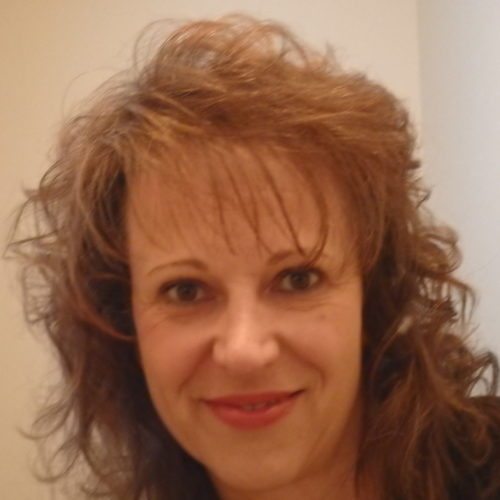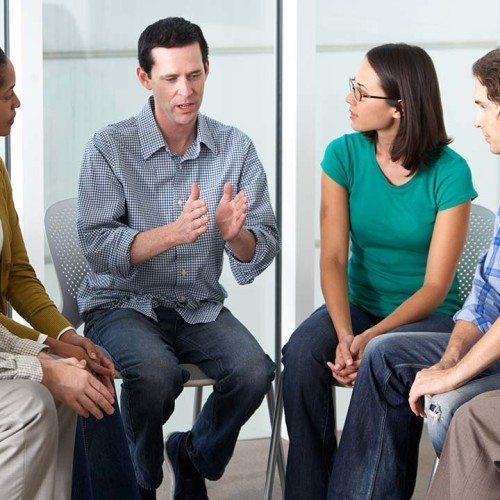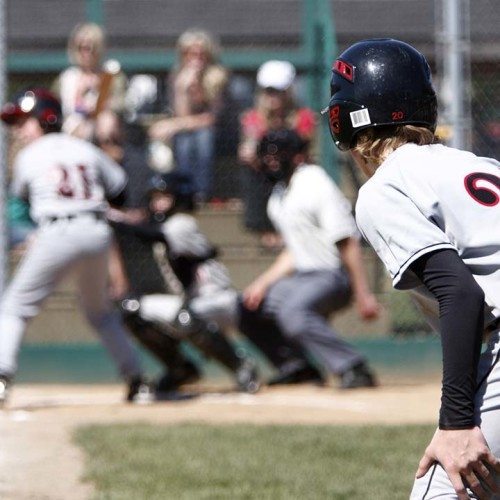*Content Warning: This article includes information from people who have caused and been impacted by sexual harm.
Many people in Canada feel the only way to deal with sex offenders* is to lock them up and throw away the key. They think of sex offenders as monsters who don’t want to and can’t change. But what if providing support and accountability for sex offenders is actually one of the best ways to prevent sexual harm?
“My background in working with the issue of sexual abuse was with the violence against women sector,” says CJI’s Interim Executive Director, Kate Crozier. “I worked with women in crisis and had an opportunity to understand the individual and systemic needs that would help address ending violence against women, specifically sexual harm and domestic violence.”
While working with women who experienced sexual violence, Kate remembers labelling people who caused harm as “manipulators, monsters, and predators.” But she got curious about them and, in 2015, began working with CJI’s Revive program. “To be honest, I came with a high degree of skepticism.” Kate wasn’t sure Restorative Justice could create meaningful accountability for those who caused harm. She also feared, “that the learnings from the violence against women sector wouldn’t be present and lived in the work we were doing.”
Kate understands why people are skeptical that Restorative Justice could be effective with an issue as serious as sexual abuse. Restorative justice might work when neighbours are disputing over too much noise, but intimate partner violence or sexual abuse? No way!
People often fear that Restorative Justice is too soft, does not lead to real accountability, and is not practical. However, Kate has witnessed the power of Restorative Justice in the lives of survivors and people who caused harm over the past ten years at CJI.
CJI’s Revive Program offers two primary services—Facilitated Dialogue and support groups for people impacted by sexual harm.
Facilitated Dialogue brings individuals and families together in a safe way to be heard, develop understanding and find a way to move forward through the damage of sexual trauma. This process can be used by persons who have survived sexual trauma, and those who have caused sexual harm and/or their families.
In the Waterloo Region, where CJI operates, there are several support groups for female survivors of sexual violence. CJI complements these services with a 12-week psychoeducational group and a support group for men who have offended sexually. CJI also offers support groups for male survivors and partners of people who have offended.
“Restorative Justice has allowed me to heal in ways I wouldn’t otherwise have had the opportunity to do so,” says Deanna, a survivor and CJI volunteer facilitator. Deanna is one of the courageous survivors who shares their story in psychoeducational groups for men who have offended. “Sharing my experiences of harm and my healing journey has helped me take back my power and my humanity,” says Deanna. “Humanity is something lost on both sides when sexual harm occurs. Restoring that sense of humanity is integral to overall well-being.”
Stan** participated in the psychoeducational group and continues to be part of the support group for people who have offended. “I don’t want to hurt anyone ever again,” says Stan.
Stan remembers going to his basement after the first time he harmed someone sexually. He said, “What did I just do?” He was afraid to talk to anyone about it because he didn’t want to be rejected or go to jail. “I didn’t know about CJI.” Eventually, Stan harmed more people, was charged for his crimes and went to jail. Which he says is fair. Stan acknowledges, “I know I have scarred [the victims] for the rest of their lives.” He also realizes that his actions hurt his family. After his charges, Stan was immediately removed from his workplace, volunteer work and church. Which, again, he says, is fair.
Stan wonders if he would have harmed fewer people if he had known there was a place like CJI to talk about his issues. “CJI is a safe haven where I can discuss the deviancy in mind and receive suggestions from people like myself, ‘Have you tried this? Have you tried that, to keep control?’” Stan has been involved at CJI for many years and plans to continue his journey. “At CJI, I am learning more and more tools to make a safety net not to cause any more harm.”
*At CJI we prefer to use the humanizing phrase, “people who caused sexual harm.”
** Not his real name.
Curious? READ How CJI Provides Accountability and Support for Sex Offenders
Convinced? DONATE to CJI’s Rise for Revive campaign to raise $25,000 to help survivors
You can also LISTEN to a CBC episode of Ideas with Nahlah Ayed called, Child Sex Abuse Prevention: How Best to Protect Kids.


 READ MORE
READ MORE





Leave a Comment